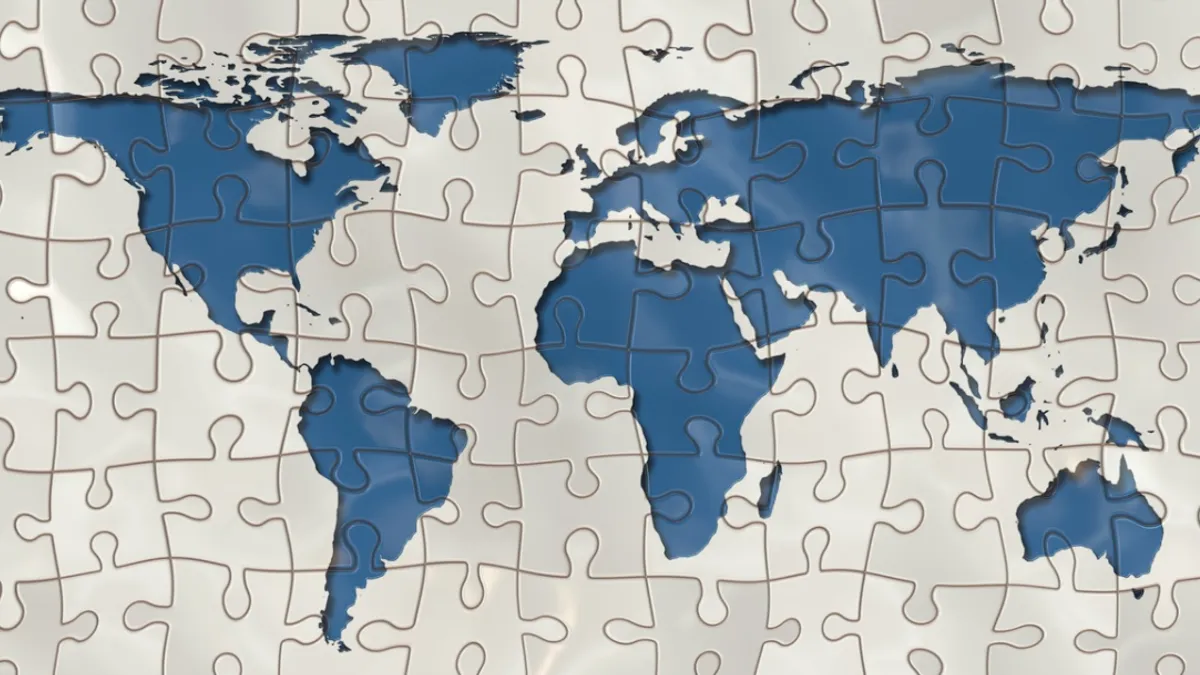Dive Brief:
- San Francisco-based Bank of the West on Monday launched a checking account in partnership with the nonprofit, 1% for the Planet. The bank, a subsidiary of French financial giant BNP Paribas, will donate 1% of net revenues generated from the account to support environmental nonprofits such as Protect Our Winters.
- The account's carbon tracking tool lets customers see the impact of every purchase made with the debit card, which is made from 100% biodegradable/compostable plastic. A $10 monthly service charge is waived for customers under age 25, and for users who make at least one deposit to the account per statement cycle, the bank said in a press release.
- Bank of the West's initiative is just the latest product to appeal to consumers’ conscience over green issues. Aspiration, for example, rolled out Plant Your Change in mid-April. The feature that allows debit card customers to round up purchases to the nearest dollar. Funds are then used to plant trees.
Dive Insight:
Banks are increasing the transparency of their environmental and social investments. Morgan Stanley this week said it will start measuring and disclosing greenhouse gas emissions that stem from the organizations in which it invests and to which it lends.
The investment bank's membership in the Partnership for Carbon Accounting Financials, meant to help banks measure and reduce their climate impact, comes less than two weeks after another nonprofit, the Rocky Mountain Institute, launched its Center for Climate-Aligned Finance with the backing of JPMorgan Chase, Bank of America, Goldman Sachs and Wells Fargo.
"When you talk about climate change people are often at a loss as to what they can do personally to effect change," Ben Stuart, Bank of the West's chief marketing officer, said in the press release. "The 1% for the Planet Account allows consumers not only to bank with a group that is progressive on energy policy and is striving to meet the demands of the Paris Accord, but also that donates 1% of the account's revenue to address climate change at no cost to the consumer."
About 130 banks, including Citi, committed last year to align their business with the U.N.'s Paris Agreement on Climate Change.
Bank of the West has pledged $1 billion to financing sustainable energy production, according to American Banker, and has prohibited financing Arctic drilling, tar sands mining and Big Tobacco, and has restricted its dealings with coal-fired power. Its parent, BNP Paribas, ranked 13th among fossil-fuel lenders worldwide from 2016 to 2019, according to data from the Rainforest Action Network, backing $84.2 billion.
The checking account brings the climate consciousness to the individual level. The tracking tool uses the merchant code and purchase amount to calculate the carbon impact of a transaction according to the Åland Index, developed by the Swedish fintech Doconomy.
"If you think of [environmental, social and governance] and sustainability, and people's financial lives, and only think about that in terms of investing, you're addressing a very narrow slice of the country. People spend $36 billion a day as consumers, and that's a much bigger impact than the dollars that go into investing each day,” Aspiration CEO Andrei Cherny told Bloomberg. "There are a lot of people thinking about sustainability and ethics when they make daily decisions about the clothes or protein they want to buy, the coffee they drink or their car, but then don’t realize their bank credit card and deposits are having a much worse impact on the planet."
Several U.S. banks have made recent strides towards greening up their portfolios. Goldman Sachs in December laid out a 10-year goal of committing $750 billion in loans, underwriting, advisory services and investments toward companies and projects focused on renewable energy, sustainable transportation and affordable education.
Citi pledged in April to stop providing financial services to thermal coal-mining companies by 2030. Wells Fargo has increased its investment in solar energy.














